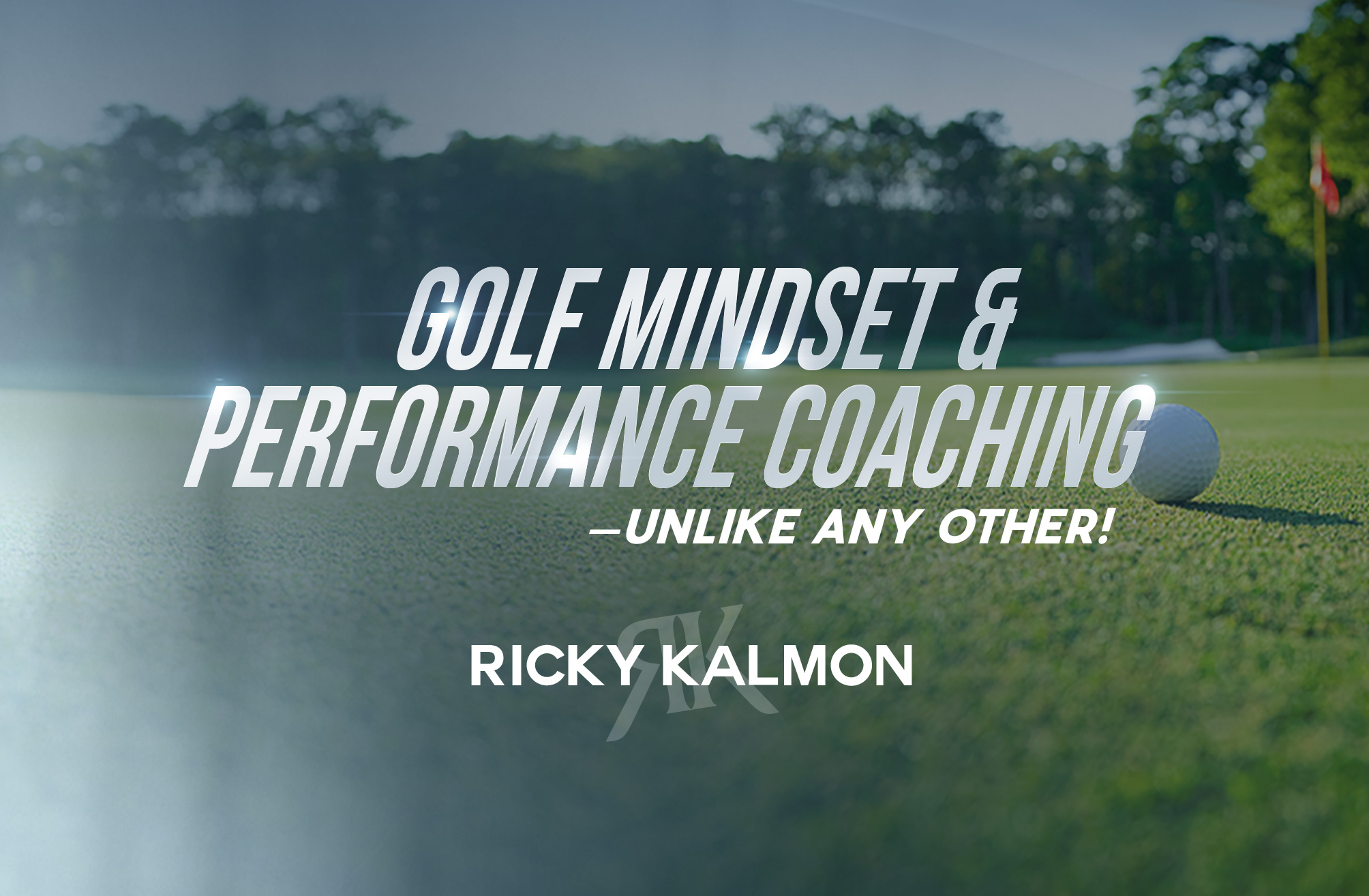Golf is a sport that tests more than just your physical abilities; it challenges your mind and emotions in ways that few other sports do. While perfecting your swing and refining your technique are essential, the true key to success lies in mastering the mental game. This is where Emotional Intelligence (EI) comes into play—a skill set that can elevate your performance by helping you manage your emotions, stay focused, and maintain composure under pressure.
Understanding Emotional Intelligence in Golf
Emotional Intelligence, often referred to as EI, is the ability to recognize, understand, and manage our own emotions while also being aware of the emotions of others. In the context of golf, EI is crucial because it directly impacts how you respond to the challenges of the game—whether it’s bouncing back from a bad shot, handling the pressure of a crucial putt, or staying calm during a tense moment.
The Components of Emotional Intelligence in Golf
- Self-Awareness:
Self-awareness is the foundation of EI. It’s about understanding your emotional triggers and how they affect your performance. In golf, self-awareness allows you to recognize when frustration, anxiety, or overconfidence is creeping in, giving you the opportunity to address these emotions before they negatively impact your game.
- Self-Regulation:
Once you’re aware of your emotions, the next step is learning to manage them. Self-regulation is the ability to control your emotional responses. This skill is essential in golf, where staying composed after a bad shot or maintaining focus in high-pressure situations can make the difference between a good round and a bad one.
- Motivation:
Motivation in golf goes beyond just wanting to win; it’s about having the inner drive to keep pushing forward, even when things aren’t going your way. Golfers with high EI are motivated by their own personal goals and have the resilience to overcome setbacks, using them as learning opportunities rather than excuses for poor performance.
- Empathy:
While empathy might seem less relevant in a solo sport like golf, it’s an important component of EI. Understanding the emotional dynamics in a competitive setting—such as recognizing when a competitor is under pressure—can give you an edge. It also helps in building positive relationships with your coach, caddy, and peers, which can indirectly influence your performance.
- Social Skills:
Strong social skills can significantly enhance your golfing experience by enabling effective communication with those around you. Whether it’s fostering positive relationships with friends or navigating interactions with fellow competitors, good social skills create a supportive environment that strengthens your mental game. While it may sound simple, the impact on your performance is profound.
How Emotional Intelligence Enhances Golf Performance
High EI equips golfers to stay calm, focused, and resilient, even in the most challenging situations. When you can manage your emotions, you’re less likely to let a bad shot derail your entire round. Instead, you can quickly recover, refocus, and approach the next shot with a clear mind. Golfers with high EI also tend to perform better under pressure, as they can harness their emotions positively, turning nerves into focused energy and determination.
Tiger Woods, for example, is often cited as one of the greatest golfers not just because of his physical prowess but because of his mental fortitude and emotional intelligence. His ability to stay composed, maintain focus, and manage his emotions in high-stakes situations has been a key factor in his success.
Techniques to Improve Emotional Intelligence in Golf
- Mindfulness Practices:
Incorporating mindfulness into your routine can enhance self-awareness and emotional regulation. Simple techniques like deep breathing or meditation can help you stay present, reducing anxiety and improving your focus on the course.
- Visualization and Positive Affirmations:
Visualization is a powerful tool in golf. By mentally rehearsing successful shots and positive outcomes, you can prepare your mind and body for peak performance. Coupled with positive affirmations, this technique reinforces your confidence and helps manage stress.
- Emotional Check-ins:
Regular emotional check-ins before, during, and after your round can help you assess and manage your emotional state. Ask yourself how you’re feeling and what might be influencing those feelings. This awareness allows you to make adjustments that keep you in the optimal mental state for performance.
Case Study: The Power of EI in Overcoming Challenges
Consider the story of Cam Davis, a golfer who turned his career around by focusing on the mental aspects of his game. By developing his emotional intelligence—particularly in managing pressure and staying motivated—Davis was able to overcome significant setbacks and achieve victory on the PGA Tour. His journey underscores the importance of EI in not just surviving but thriving in the competitive world of golf.
Mastering the Mental Game with Emotional Intelligence
Mastering the mental game in golf goes beyond perfecting your swing or refining your technique. Emotional Intelligence is the key to maintaining consistency, resilience, and focus under pressure. By enhancing your self-awareness, regulating your emotions, staying motivated, and developing strong social skills, you can unlock a new level of performance on the golf course.
Remember, success in golf isn’t just about what you do with your clubs; it’s about what you do with your mind. Invest in developing your emotional intelligence, and you’ll find that the mental game becomes just as strong as your physical one, leading to greater success and enjoyment in the sport.
I have spent the last 30 years sharing my techniques and philosophy to help individuals change the way they think so they can change their world. No matter who you are, mindset matters.
Incorporating hypnosis techniques and a growth mindset philosophy into your golf training can transform your mental game, allowing you to access the zone more frequently and perform at your best. However, don’t assume it is a quick fix. My programs stress daily training of your mindset, just as you train your swing. Whether you’re a competitive or even a PGA player, hypnosis offers practical tools to enhance your mental resilience, focus, and overall enjoyment of the game. Experience the power of a conditioned mind, enhance your mental fortitude and resilience, and take your golf game to new heights with the benefits of hypnosis.
Read more about Golf Hypnosis Mindset Coaching with RICKY KALMON
For more information on how Mindset Expert and Hypnotist Ricky Kalmon can help you elevate your game, email William Sax regarding Live or Virtual Coaching: william@rickykalmon.com
Comments are closed.






